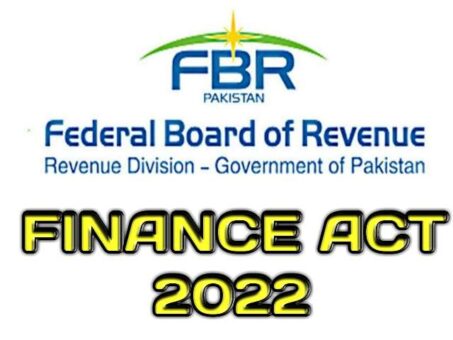KARACHI: The federal government of Pakistan has reinstated the Capital Value Tax (CVT) at a rate of one percent on the value of both locally manufactured and imported motor vehicles. This move marks the revival of a tax that was previously withdrawn in phases and ultimately abolished in 2020.
According to an analysis by PwC A. F. Ferguson & Co., the CVT was initially introduced through Section 7 of the Finance Act, 1989. At that time, the tax applied to the transfer of various assets, including immovable properties, modaraba certificates, listed shares, and motor vehicles. Over the years, the tax was gradually reduced and, as of April 19, 2020, completely eliminated across all asset categories. However, the Finance Act, 2022, has reinstated CVT on several assets, with a particular focus on motor vehicles.
The newly reintroduced CVT has been made effective from July 1, 2022. Under the revised provisions, the tax applies to vehicles in Pakistan where the engine capacity exceeds 1300cc. In the case of electric vehicles, the tax is levied if the battery power capacity surpasses 50kWh.
For imported vehicles, the CVT is to be collected by the collector of customs at the time of import. The tax will be calculated based on the import value assessed by customs authorities, with applicable duties and taxes factored into the final valuation. This ensures that all imported vehicles, regardless of their origin, are subject to uniform tax treatment upon entry into Pakistan.
Similarly, in the case of locally manufactured or assembled vehicles, the CVT is to be collected by manufacturers or assemblers at the time of sale. If a vehicle is sold through an installment plan, the tax is to be collected at the time of the first installment payment. The tax calculation will be based on the ex-factory price, inclusive of all applicable duties and taxes.
Additionally, vehicles sold through public auctions or tenders are also subject to CVT. The auctioneer is responsible for collecting the tax based on the final auction price, including all relevant duties and taxes. If the auctioned vehicle is sold on an installment basis, the tax will be collected with the first payment.
With this reimplementation, the government aims to generate additional revenue while bringing high-value vehicles under the tax net.
